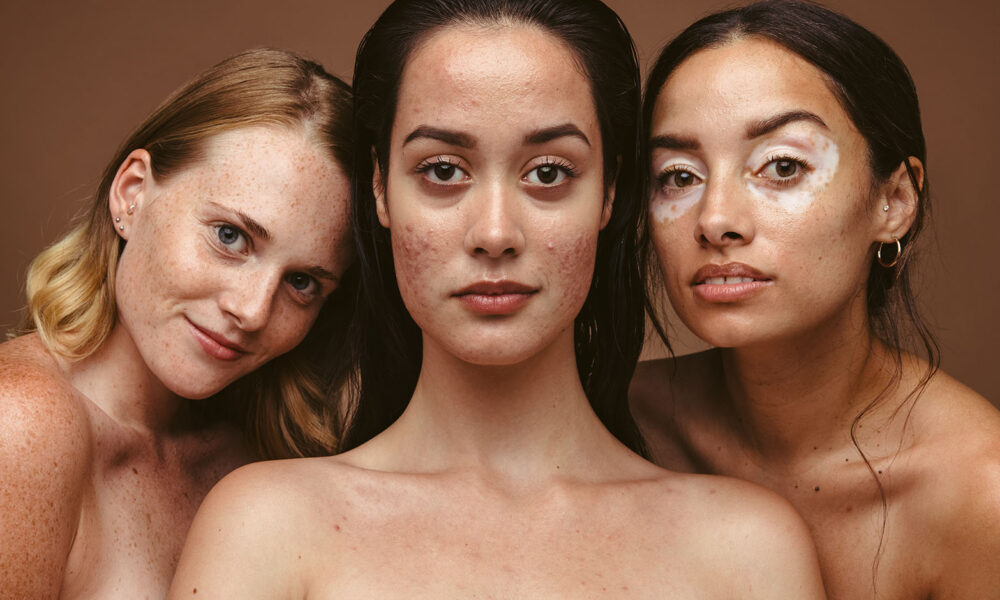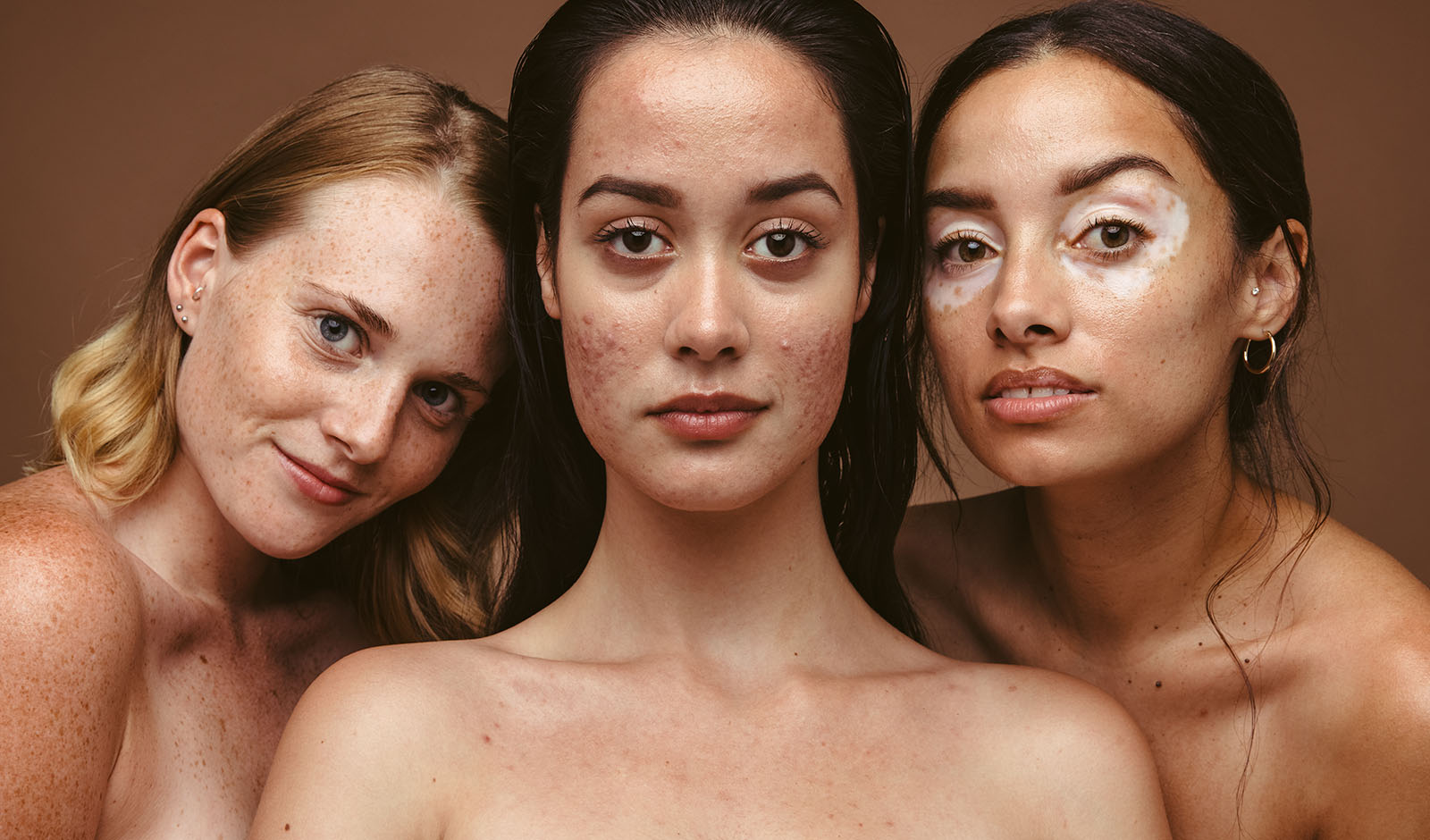

Anyone who is struggling with their skin knows the challenge of finding an effective skincare routine that heals your skin and maintains a clear appearance. But with the advancement of dermatology and the plethora of online information, learning more about your skin type and the right products to use to reduce breakouts is easier than you think.
Once you have established your skin type, turn to your favorite products from Dermalogica to maintain the health and appearance of your skin while effectively minimizing breakouts.
Properly Wash Your Face
Pimples can appear anywhere on the skin but mainly occur on the face. While the skin microbiome is complex, scientists have identified the bacteria that leads to breakouts. It causes inflammation once it turns the oil found naturally in the skin into fatty acids.
Removing this excess oil, dirt, and sweat daily will help prevent pimples, but washing your face too much can have the opposite effect, causing your breakouts to worsen. Stripping your skin of its natural oils will cause it to produce more in order to rebalance your skin.
Generally, you should wash your face no more than twice a day, using sulfate-free, fragrance-free cleansers that are gentle enough to apply twice daily. Avoid harsh scrubs and foaming cleansers that will dry your skin.
Stay Hydrated
A well-maintained hydration routine will keep you in good physical health and significantly improve your skin’s health. Dehydration sends signals to your skin’s oil glands to produce more oil, as well as causing it to look dull and discolored.
Know Your Skin Type
Knowing your skin type is necessary to select products that will effectively improve the health and appearance of your skin while avoiding the ingredients that will lead to further problems. Some guidelines will assist you in identifying your type, but if you still need to figure out your assessment, consult a dermatologist for expert help.
Dry skin is often flaky and tight while oily skin typically looks shiny and has a greasy feeling by the end of the day. Combination skin will have both oily and dry patches, with the oily area covering your T-zone or forehead, nose, and chin. Finally, sensitive skin reacts easily to products and is prone to rashes, discoloration, and irritation. Those who suffer from sensitive skin will often have it along with one of the abovementioned types.
Avoid Touching Your Face
Regularly touching your face can lead to a transfer of dirt and bacteria from your hands, leading to pore-clogging impurities affecting the quality of your skin. It may be tough to avoid touching your face, but pay attention to how often you do it and try to stop yourself as much as possible.
If you struggle to resist the urge, wash your hands regularly, which will minimize any impurities.
Limit Makeup Use
Many people turn to makeup to cover any unsightly breakouts, but doing so can further clog your pores and trigger additional outbreaks. If you would prefer not to eliminate makeup entirely from your routine, choose a foundation or concealer that is non-comedogenic and fragrance-free, allowing you to avoid any further irritation.
Alternatively, you can switch to using a tinted moisturizer that contains salicylic acid, which is a good option for coverage and has acne-fighting properties. Ensure you wash off your makeup at the end of each day before heading to bed, using a gentle cleanser and moisturizer to rehydrate your skin.
Use a Moisturizer
A good quality moisturizer helps skin stay hydrated, significantly supporting skin prone to acne. When your skin gets too dry, it will produce excess oil to counterbalance the dryness. An excess of this oil can lead to pimples.
However, many moisturizers on the market contain oil, synthetic fragrances, and other ingredients that can lead to skin irritation and breakouts. Therefore, it is essential to check the components of your chosen brand before purchasing to select one that is fragrance-free and made with as many natural ingredients as possible.
Avoid Popping Pimples
As difficult as it is to resist popping any unsightly pimples on your face, you will be doing yourself a favor by leaving them alone. Not only do popped pimples tend to bleed, but they can make the surrounding area become inflamed, clog the surrounding pores, get infected, and leave behind unsightly scars.
Limit Sun Exposure
While catching some sun is good for both your mental and physical health, frequent and prolonged sun exposure can lead to unwanted consequences for your skin health, including dehydration, which, over time, can cause more oil and blocked pores.
Many health professionals recommend wearing sunscreen to protect your skin year-round. Opt for a non-comedogenic and oil-free option for skin and sun protection.
Include Tea Tree Oil
Tea tree oil is a popular natural remedy for dealing with pimples. It contains a compound known as terpinene-4-ol, which has been shown to effectively kill certain bacteria, viruses, and fungi and increase white blood cells, which promotes increased healing.
Apply one or two drops directly to the affected area, or add a few drops to your daily cleanser or moisturizer. Before using tea tree oil regularly, do a patch test to ensure it will not irritate your skin. Apply a small amount behind your ear or under your jaw, and assess your reaction after 24 hours. If the skin becomes irritated, dilute it with water in a 1-to-1 ratio before use.























